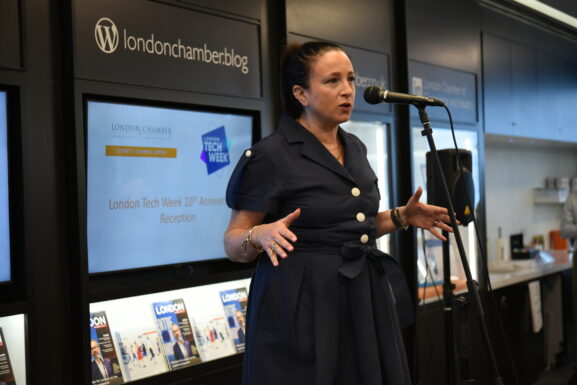COVID-19 self-employed income support scheme
The government introduced this scheme for self-employed or a member of a partnership in the UK and have lost income due to coronavirus (COVID-19)
Eligibility
a) Your client needs to be self-employed either as an individual or a member of a partnership.
b) They have been trading in the 2019/20 tax year.
c) They are trading when they apply or they would be but for the Coronavirus.
d) They have lost trading/partnership income due to the COVID-19.
e) They either must have already submitted their 208/19 Tax Return or do so by 23rd April 2020 to be eligible. In the latter case, HMRC will be risk assessing those ‘late’ returns.
f) Their self-employed income must represent more than 50% of their total taxable income.
g) Their trading profit must be less than £50,000 based upon the average of their last 3 years of trading i.e. 2016/17, 2017/18 and 2018/19. If they started trading between 2016 – 2019 then HMRC will only use those years for which an SA Return has been filed.
Important to Note
1) If they started trading during the 2019/20 tax year they won’t, at present, be eligible for the scheme. Universal credit and/or the Coronavirus Business Interruption Loan Scheme might be the route to down. The pressure is already being put on the Government in this respect to relax the scheme.
2) If their average profits are £50,000 or more, at present, they won’t be eligible for the scheme. Again, Universal credit and/or the Coronavirus Business Interruption Loan Scheme might be the route to down. The pressure is already being put on the Government in this respect to relax the scheme.
3) They can still benefit from the scheme if they are still trading but their trading income has been affected by COVID-19.
4) This scheme is not eligible for directors in Personal Services companies.
What is the entitlement?
A) The taxable grant will be 80% of the average profit figure and then divided by 12 to break down into the monthly payments. The scheme is initially set up to run for three months.
B) The maximum monthly payout will be £2,500.
C) HMRC will pay it directly into the client’s bank account.
How to apply
A) They cannot apply for the scheme yet.
B) HMRC will be reviewing the 2018/19 tax year submissions and presumably earlier years as well to see who might be eligible.
C) HMRC will then contact the taxpayer direct t having carried out the review and will ask them to access the scheme via Gov.UK website.
D) Forewarn clients of scams from people who may use this opportunity to send emails, texts or phone calls to ask them to provide bank and credit card details to get their grant. It will only be accessed through the Gov.Uk portal.
E) The payments are likely to only come through in early June. This could put pressure on some clients. The Government are already under pressure to move the payment forward.
Companies Filing Date Extended
If the accounts are likely to be late because of COVID-19 and the deadline for filing the company accounts has not yet passed, the client can apply for an automatic and immediate 3 month extension to filing the accounts. Follow this Companies House link
Companies that have already extended their filing deadline or shortened their accounting reference period may be ineligible for an extension.
VAT and Income Tax Deferral
I know I have already mentioned that VAT payments due before 30th June 2020 will not now need to be made until the end of the tax year and self-assessment payments on account will not need to be paid until 31st January 2021, however, there are two new things to be mentioned.
a) If your client has set up a direct debit to meet either or both of these liabilities please cancel the direct debit if you have not already done so.
b) The 31st July payment was originally thought to relate only to the self-employed. It now relates to anybody with a 31st July payment if they choose to do so.
Coronavirus Job-Related Scheme Further update
a) If someone was made redundant after 28th February, the ex-employer can re-employ them and then furlough to cover the 80% monthly earnings.
b) If someone has more than one employer and can continue to work for another, your client employer can furlough that employee if it is permitted within their contract to have more than one job.
c) A big thank you to one of our members, Homy Tehran and Today Dalby who sent this across to me from a HMRC update:
Those who pay themselves a salary and dividends through their own company are not covered by the scheme but will be covered for their salary by the Coronavirus Job Retention Scheme if they are operating PAYE schemes.
Based upon that we think, as long as it is belt and braced by putting in a Furlough agreement in place between the company and the director and the director is purely doing only administrative work in line with their responsibilities to comply under the Companies Act then they also can furlough.



